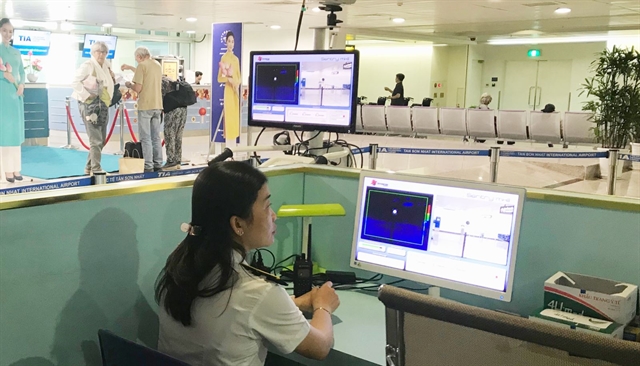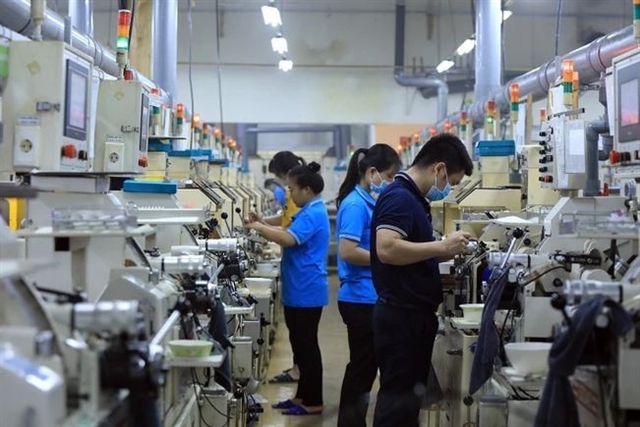 Life & Style
Life & Style

Việt Nam took second spot out of nine Asian countries and territories surveyed for the 2017 Prudential Relationship Index, which was released in HCM City on Saturday.
 |
| Việt Nam took second spot out of nine Asian countries and territories surveyed for the 2017 Prudential Relationship Index, which was released in HCM City on Saturday. — VNS Photo |
HCM CITY — Việt Nam took second spot out of nine Asian countries and territories surveyed for the 2017 Prudential Relationship Index, which was released in HCM City on Saturday.
It got a PRI score of 79/100, a four-point decrease from the previous survey in 2016, indicating that relationships fulfil 79 per cent of people’s needs and expectations.
While having easygoing and supportive partners continued to be important to Vietnamese, the survey revealed that humour plays a significant role in relationships, with 66 per cent of those surveyed wanting to find a partner who makes them laugh or smile.
People in Việt Nam are increasingly conscious about the effect of technology on their lives and personal relationships.
Sixty two per cent believed that the time spent on smart phones has a negative impact on their dynamics with the family – the highest proportion of all the markets surveyed.
According to the study, children were the leading cause of arguments between Vietnamese couples (62 per cent) – the highest in the region – followed by money issues (51 per cent).
In the PRI, 41 per cent of parents said the cost of bringing up children has a big impact on their relationship.
Eighty two per cent of people expected to rely on their personal savings and assets to support themselves.
Unlike in most other markets in Asia, 44 per cent in Việt Nam expected their children to financially support them when they are old.
But 43 per cent worried about becoming a burden to the family in their old age, the highest proportion in the survey.
More than 4,600 people aged 25 to 55 were interviewed in Cambodia, China, Hong Kong, Indonesia, Malaysia, the Philippines, Singapore, Thailand and Việt Nam.
In Việt Nam, 500 people in Hà Nội and HCM City were interviewed face-to-face. — VNS




